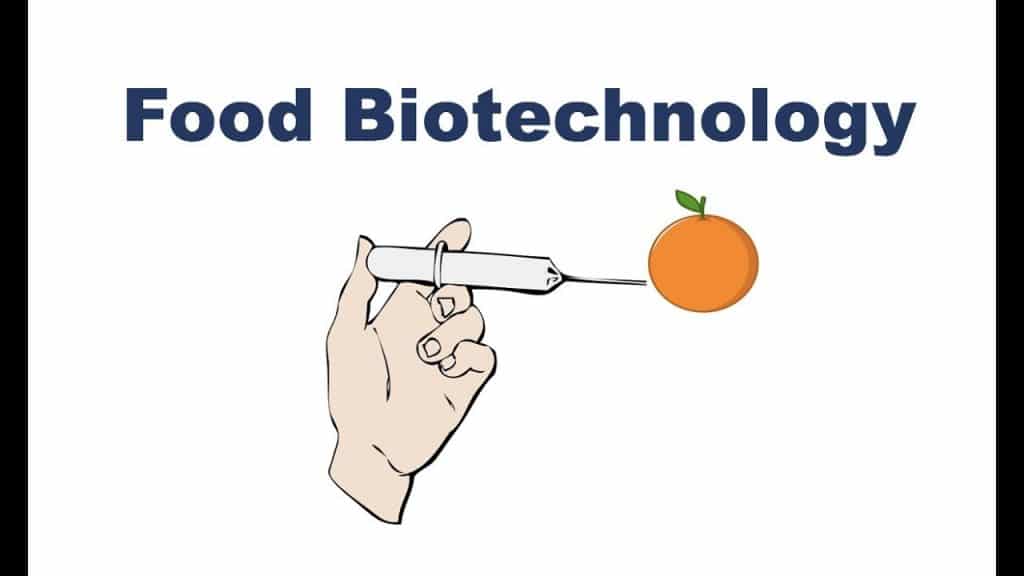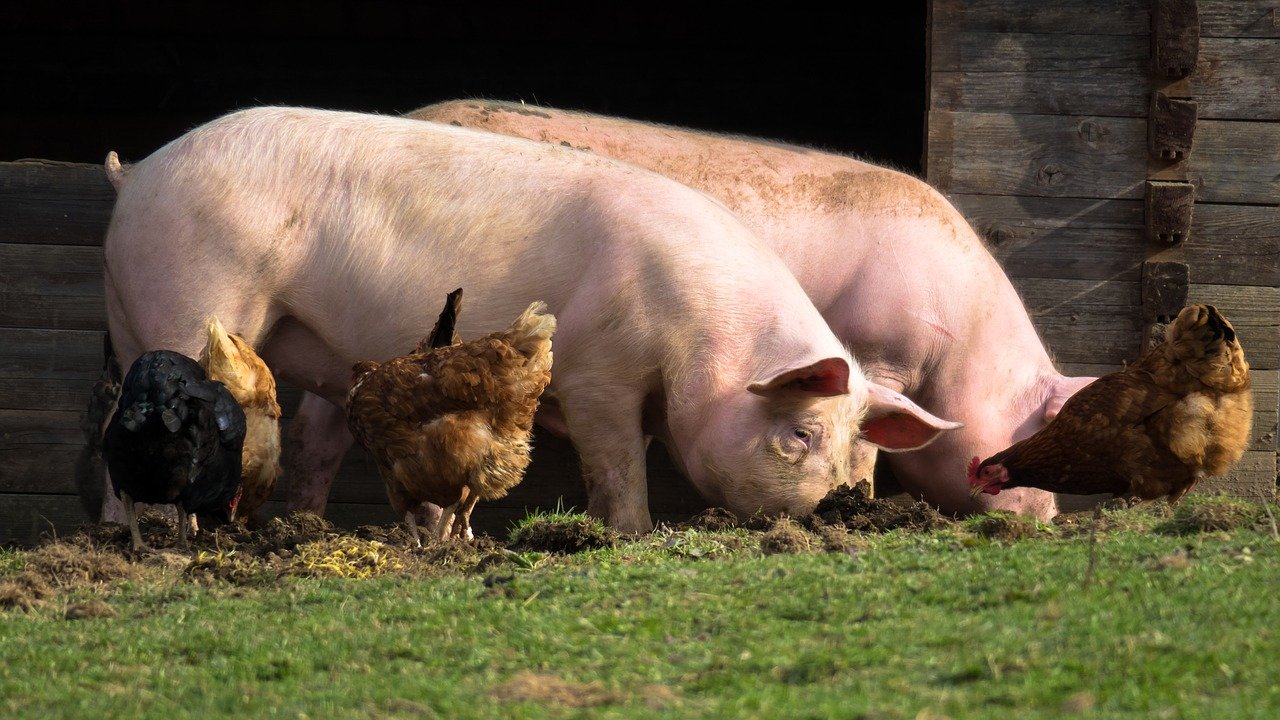Food Biotechnology
Biotechnology is used to manipulate biological systems for the processing of various products useful to human beings.
Biotechnology in agriculture is used to improve plants and animals using genetic engineering and tissue culture.
The most important roles of Biotechnology in food production and industry are to improve crop yield, nutrient value, resistance to diseases, pesticides, drought conditions, etc, the benefits of biotech are endless.
Applications and Advantages of Biotechnology in the food industry
Biotechnology is used by scientists to find unwanted viruses and bacteria that may be present in food. This will lower the risk of food-borne diseases.
For example, Some variants of fungus found in corn release substances that can harm human beings.
Biotechnology is used to reduce the amount of these unhealthy substances in corn and other food crops.
The scope of Biotechnology in agriculture is not limited to improving the nutrition value of food crops but also helps in crossbreeding to create new food varieties of foods.
These new varieties can be made to tolerate herbicides used on the farms, develop resistance against bacteria and virus attacks.
Enhanced input traits such as herbicide tolerance, insect and virus protection, and tolerance to environmental stressors such as drought.
This can help farmers to grow food crops with better growth, nutrient profile, and even yield.
Genetic engineering also helps in producing fruit and vegetables throughout the year in any season.
Also, it is used in improving food nutrition to correct vitamins and mineral deficiencies amongst people.
Examples of Biotechnology in Agriculture
Biotechnology is used in agriculture to increase yield, pest resistance, drought resistance, and herbicide resistance of crops.
For example, genetically engineered rice is developed to increase vitamin A.
The agricultural industry supports the biofuels industry as well by providing the feedstocks required for fermentation and refining of bio-oil, bio-diesel, and bio-ethanol.
Genetic engineering and enzyme optimization processes help in developing feedstocks for efficient conversion and higher BTU outputs of fuel products.
Disadvantages of Biotechnology in Food
Genes inserted in the genetically modified food may get immune to pesticides and insecticides with time.
In the case of certain people, the immune system may not tolerate the desired genes inserted through genetically modified food.
This may result in diseases getting immune to antibiotics and drugs, and other disadvantages.
Studies are also going on to verify if the consumption of genetically modified food may cause cancer.
Some scientists are concerned that genetically modified food may create new allergens.
The genetically modified food may produce new proteins which may act as a new allergen leading to allergic reactions in human beings and the entire food chain.
There are some concerns of GM foods at the moment, but with time, the pros should outweigh the cons.
Disadvantages of Biotechnology in Agriculture
Genetically modified crops may transfer genetic material into unmodified plants.
For instance, a genetically engineered crop resistant to herbicide may transfer some of its traits to a weed resulting in an herbicide-resistant weed.
There is also the uncertainty of the long-term viability of genetically modified crops.
Scientists are yet to conclude the long-term effects of genetically engineered crops on the environment and health.
Agriculturalists are also worried that biotechnology could lead to a decrease in biodiversity.
This is because farmers may grow engineered crops for more profitability and abandon other varieties.
So, the modified crop would dominate over other local varieties leading to extinction.
Biodiversity loss can weaken the ecosystems, putting food security at risk.
Biotechnology in agriculture may increase the contamination of soil by heavy metals by adding one or more new genes into the plants.
Plants produced using biotechnology techniques may poison wildlife by producing toxic proteins.
It may give rise to new types of microorganisms like viruses and bacteria.
Genetically engineered plants also affect other living organisms such as monarch butterflies.
Genetically engineered crops with higher yields can cause overproduction in some countries leading to market instability.
Also, some agencies can design crops to use as a bioweapon to threaten mankind, which leads to many ethical dilemmas as well.
So, biotechnology in agriculture may induce some unknown risks to the environment in the future.
Scientists are studying the various effects of biotechnology so that it is used for the benefit of mankind and used in control.







